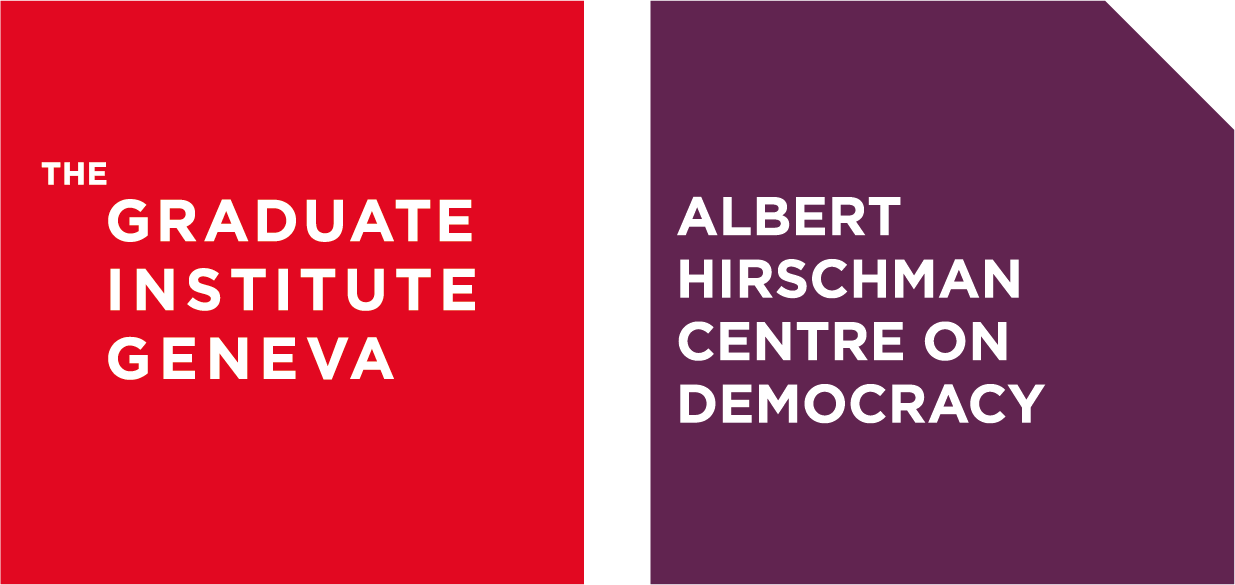Do Human Rights Need to be Saved? Universality versus Uniformity
Event

The universal recognition of human rights has been often criticized for disregarding the reality and wealth of cultural diversity and the multiple interpretations of humanity and of basic needs.
Moving beyond the philosophical question of whether anything can be apprehended as universal in our multicultural world, this panel discussion will focus on the legitimacy and the effectiveness of the multiplication of new rights.
Panelists will debate on the necessity to reaffirm the distinctions between binding legal obligations on governments, and broader issues of ethics, politics, and social change in order to ‘save’ the current human rights regime.
This event is organised in partnership with the Graduate Institute's Albert Hirschman Centre on Democracy.
Moderator
- Christine Lutringer, Executive Director and Senior Researcher, Albert Hirschman Centre on Democracy, Graduate Institute of International and Development Studies
Panelists
- Hurst Hannum, Professor of International Law, The Fletcher School of Law and Diplomacy and Author of the book Rescuing Human Rights: A Radically Moderate Approach (Cambridge University Press, 2019).
- Felix Kirchmeier, Manager of Policy Studies and Coordinator of the Geneva Human Rights Platform, Geneva Academy
- Marco Sassòli, Director, Geneva Academy and Professor of International Law, University of Geneva
- Neus Torbisco Casals, Senior Researcher, Albert Hirschman Centre on Democracy, Faculty member, Geneva Academy and Associate Professor of Law (on leave), Pompeu Fabra University
Registration
You need to register to attend this event via the online form on the Graduate Institute's website.








